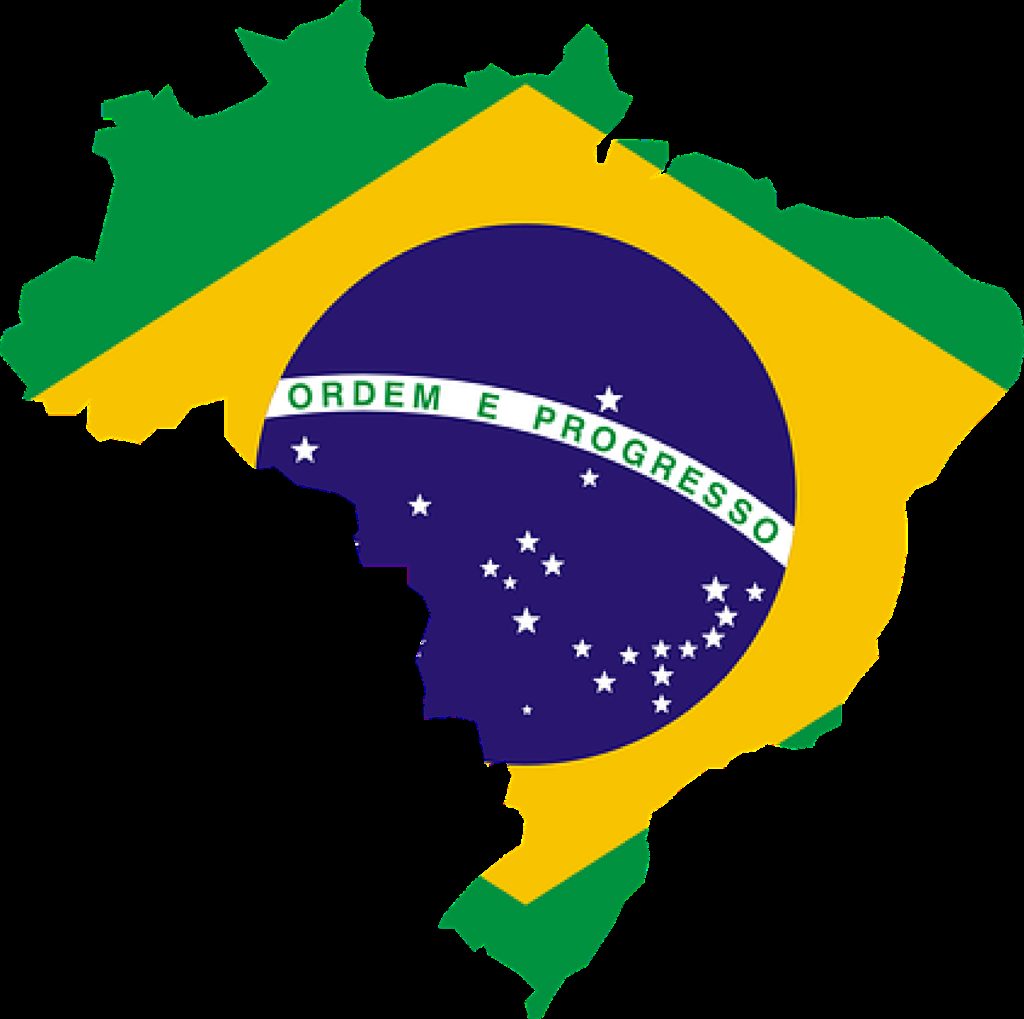The Brazilian economy is the ninth-largest in the world. The chemical industry contributes majorly to Brazil’s economy. The chemical industry in Brazil is the largest in the Southern Hemisphere, and the eighth largest in the world. The chemical sector finds applications in all manufacturing industries including automotive, agricultural, electronic, and the health care industry. The different companies involved in this sector are responsible for creating sustainable solutions that help protect the environment and improve the life quality and longevity.
The chemical industry is characterized by its strong added value and its positive multiplier effect on the economy. This sector strongly contributes to the development of a country. Chemical products have a strong presence on all industrial chains, either directly or indirectly. Chemical products are present in the various solutions offered to society, decisively contributing to improving life quality. In addition to this, this sector also provides a range of products involving health and personal care. The chemical sector covers the possibilities of improving the environment, saving energy, etc. Therefore, there is no developed country without a strong chemical industry. The chemical industry activities are highly dependent on investments in research and innovation. Brazil plans to increase its spending on research by 1.5% of sales in ten years.
The chemical sector in Brazil generated sales of over USD 113.5 billion in the year 2016. The chemical industry contributes nearly 10% to the nation’s gross domestic product (GDP). This makes the chemical sector the third-largest industrial sector in the country. The chemical sector generates direct employment for 400,000 people in Brazil. The various chemical companies generate abundant indirect jobs as well, employing nearly 2 million people in total.
Trade balance
Despite its importance and the available opportunities, the Brazilian chemical industry has been losing its share in the internal market. The country is currently importing all kinds of products including commodity chemicals, agrochemicals, and pharmaceuticals. Potassium chloride accounts for the largest share of all the chemicals imported. The world crisis has generated a large surplus in the international market. The Brazilian chemical sector has been affected by structural problems, which prevent it from benefiting from the increased domestic demand.
The increase in global chemical prices affects Brazil’s trade balance in chemicals. In the year 2004, Brazil exported around USD 5.9 billion worth of chemicals, 23.2% up over 2003. Runaway demand added to the increased prices in 2004 resulted in a chemical trade deficit of USD 8.6 billion for Brazil. Brazil’s partners in Mercosur form the primary market for the country’s chemical exports. Brazil also exports its chemical output to Argentina, Canada, Mexico, and the United States. The country imports chemical products mainly from Canada, Mexico, Argentina, and the United States. The European Union is the country’s largest chemical supplier, at nearly 32% of all chemical imports. In the year 2004, chemical imports from the European Union were around USD 4.5 billion. The imports in 2004 increased around 31% compared to that in 2003. Brazil, therefore, exports chemicals of lower technological content than that it imports.
The petrochemical sector is the largest segment of the Brazilian chemical industry with revenue of around USD 48.3 billion in 2009. The country consumes nearly 10 million tons of naphtha per year, around 40% of which is imported. Natural gas is an essential alternative source of raw material. The chemical sector accounts for nearly 45% of all the natural gas consumed by the industries in Brazil. Around 30% of the natural gas is used as feedstock.
Leading Chemical Companies
Braskem is the country’s largest petrochemical company by revenue. Braskem generated total revenue of nearly USD 13.02 billion in the year 2019. The company is the only integrated petrochemical company for the first- and second-generation thermoplastic resins in Brazil. This translates into competitive advantages like increased operational efficiency and high production scale. The first generation manufactures basic petrochemicals including propylene and ethylene from natural gas, naphtha, and ethane. These compounds are essential to the second-generation processes. The second- generation process involves the production of thermoplastic resins including polyvinyl chloride, polypropylene, and polyethylene. The chemicals manufactured during the second- generation manufacture are later used by the third- generation processors. Braskem produces nearly 16 million metric tons per year of thermoplastic resins and other chemicals. Braskem has 40 industrial units, 29 of which are in Brazil. These units in Brazil are established in the states of Bahia, Rio de Janeiro, Alagoas. The Rio Grande do Sul and Sao Paulo. Braskem also has its industrial units in the United States, Mexico, and Germany.
Elekeiroz is a Brazilian chemical company involved in the production of input and intermediate chemicals for industrial purposes. Elekeiroz has 119 years of experience in this sector. The company manufactures various chemical compounds including formaldehyde, unsaturated polyester resins, and sulfuric acid. Elekeiroz is the only integrated manufacturer of oxo derivatives, including phthalic and maleic anhydrides and plasticizers. The products manufactured by Elekeiroz find applications in various industries including clothing, automotive, footwear, construction, and many others. The production sites are mainly located in Camaçari, Bahia, at Brazil’s largest petrochemical complex. The region has easy availability of raw materials and easy access to the ports of Salvador and Aratu. The operations are also based in Várzea Paulista, São Paulo. This region is situated within the country’s largest consumer market and has easy access to the state’s important highways and rail networks.
Oxiteno is an Ultra Group-owned subsidiary. It is a Brazilian multinational manufacturer of chemicals and surfactants. This company develops and supplies raw materials to various industries including personal care, health care, cosmetics, etc. The company operates in nine countries throughout Asia, Europe, and America. Oxiteno has its production units established in Brazil, Mexico, Uruguay, Venezuela, and the United States. The company has three research and development centers and commercial offices in China, Columbia, Belgium, and Argentina. As per the research conducted by Info Exame magazine, Oxiteno was recognized as the ninth most innovative company in the year 2014.

